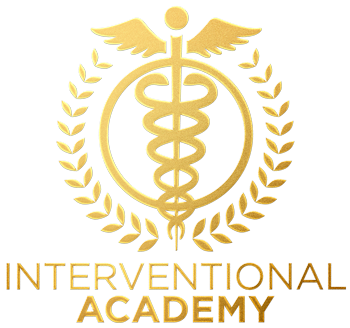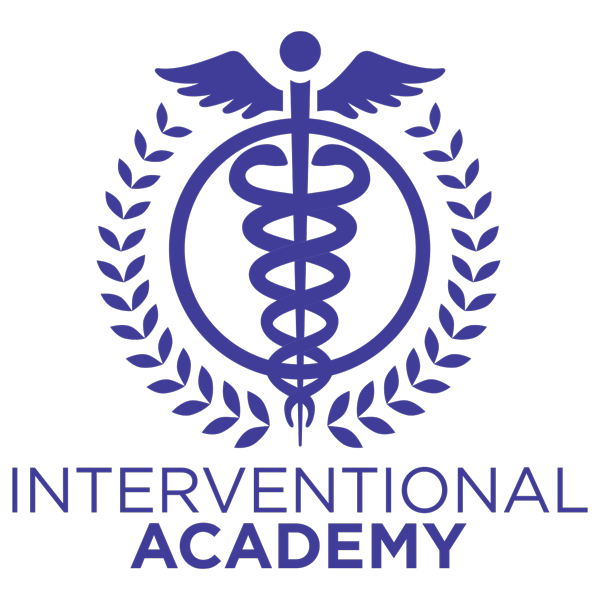Update on ODYSSEY Outcomes – by Dr. Rajesh Dave, MD, FSCAI, FACC
ODYSSEY Outcomes, the second of the cardiovascular outcomes studies with a PCSK9 inhibitor, this time in an acute coronary syndrome (ACS) population, was presented at ACC 2018.
Top-line results presented by Professor Philippe Gabriel Steg, MD, FACC (France) showed that lowering LDL cholesterol with alirocumab beyond levels attained on intensive statin therapy alone in the placebo arm, not only significantly reduced major adverse cardiovascular outcomes (MACE) by 15% – but also all-cause death – after an ACS within preceding 1-12 months. Clinical benefit was greater in patients with baseline LDL cholesterol levels of 100 mg/dl (2.6 mmol/L) or higher, with reductions of 24% in MACE and 29% in all-cause death.
It is important to note that patient enrolled in the study were on either intensive or maximally tolerated statin therapy. Coronary revascularization performed within 2 weeks prior to randomization visit or planned after randomization were excluded. The question which will have to be answered in future studies will be whether use of PCSK 9 inhibition at the time of admission for ACS will lead to even greater benefit? This trial also differs from FOURIER in that post ACS patients were enrolled unlike only stable patients in Fourier. Other observation is that drug dose was adjusted if LDL-C fell below 15 mg/dl. Long term follow up in ODYSSEY had some attenuation in LDL-C reduction. The mechanism of this is unclear. This landmark trial will have important implications for clinicians involved in the care of high risk patients including those with ACS.
At the 14th Annual C3 symposium, we will be drilling deeper into these class of drugs and FOURIER and ODYSSEY.
Dr. Dave is on Speaker’s bureau for AMGEN, Regeneron and Sanofi, makers of PCSK9 Inhibitors.

